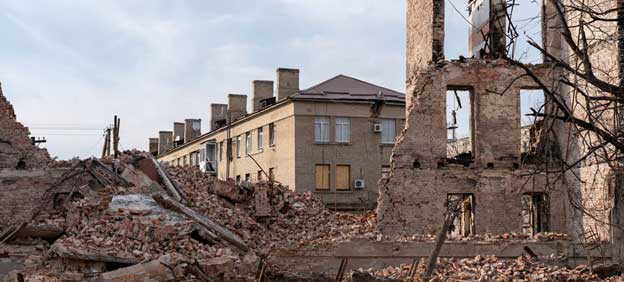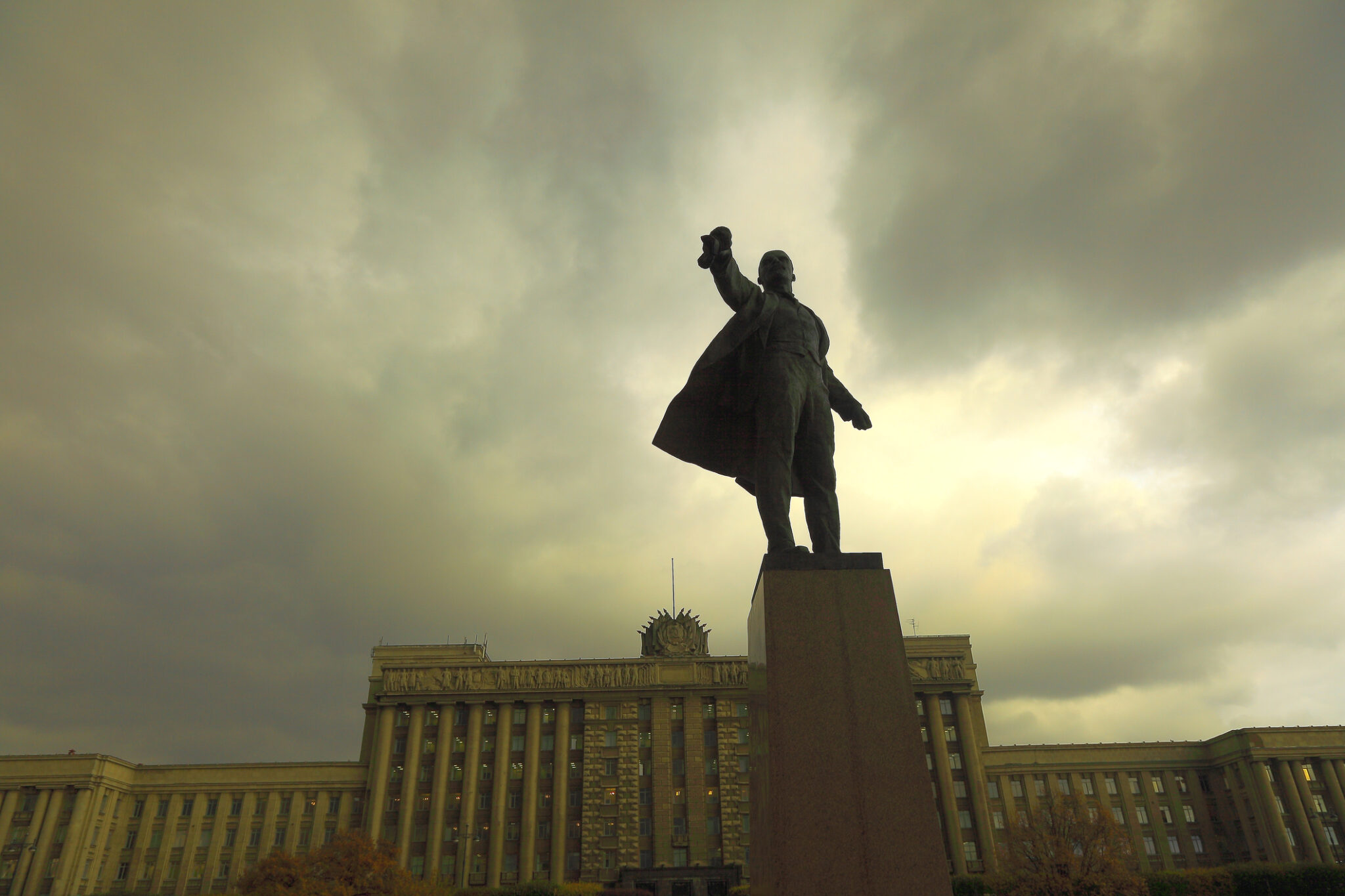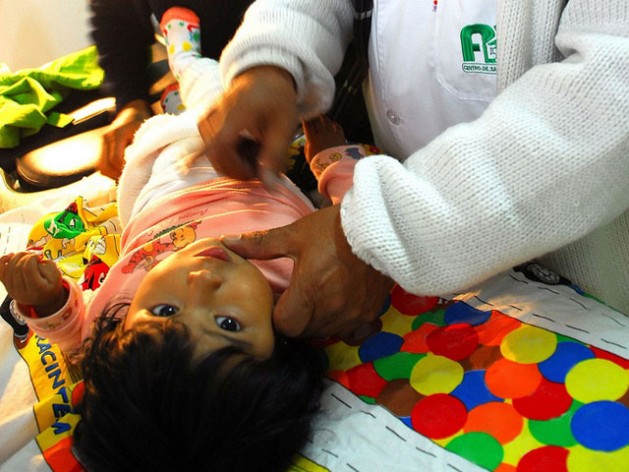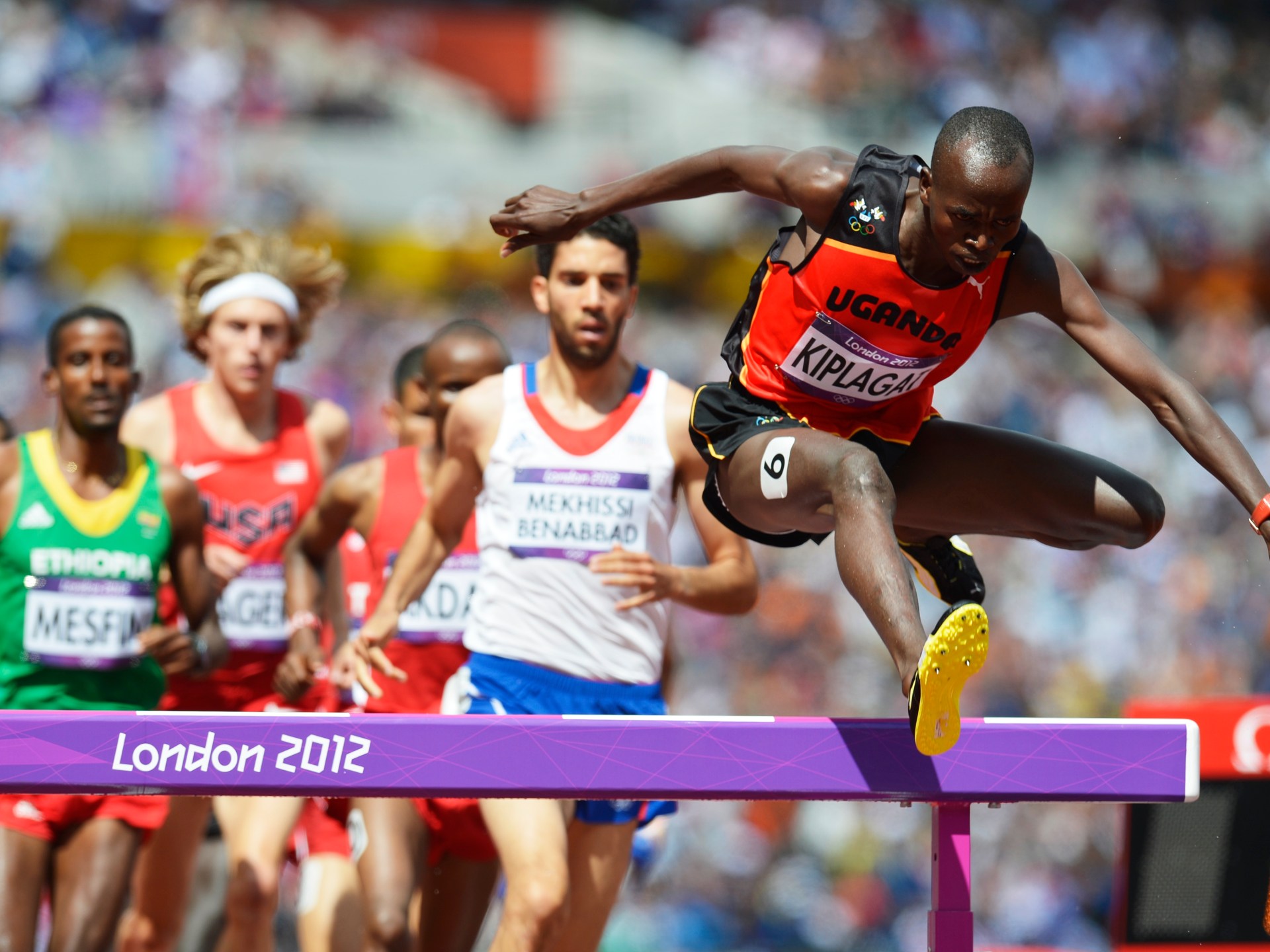An Outsider With an Army — Global Issues
BERLIN, Jul 07 (IPS) – The Wagner uprising – despite its short duration – has demonstrated the vulnerability of Putin’s power system.
In the past, the oligarch Yevgeny Prigozhin seemed like a dark, mysterious figure somewhere from the depths of the Kremlin’s web of secrets. This also has to do with the fact that he did those ‘jobs’ for the Russian government that took place in a semi-official grey area — such as mercenary assignments in Syria or Africa, or even before that the operation of the Petersburg troll factory with a network of fake media and disinformation machinery.
“The war in Ukraine has created a humanitarian and human rights catastrophe, traumatized a generation of children, and accelerated the global food and energy crises,” said Rosemary DiCarlo, Under-Secretary-General for Political and Peacebuilding Affairs, addressing the UN Security Council. June 2023
As his mercenary army PMC Wagner – to which he only openly professed his allegiance at a very late stage – gained considerable combat experience in more and more wars, his personal military power continued to grow. The Wagner fighters, in fact, are his personal soldiers.
This was to become evident in the recent military uprising led by Prigozhin, as the soldiers immediately occupied the large city of Rostov on his orders, advanced on Moscow and simply ignored orders from the Russian authorities to arrest Prigozhin.
As Wagner is the largest Russian-based mercenary formation – according to the British Ministry of Defence, it grew to up to 50,000 soldiers in January – Prigozhin became a real power factor in Russia.
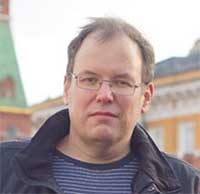
Military versus political power
In the purely political sphere, however, Prigozhin was by no means as powerful of a factor to the extent as it was repeatedly interpreted abroad on the basis of his mysterious aura. The pool of media under his control was much smaller than that of ‘businessmen from Putin’s immediate entourage’, Russian journalist and Kremlin expert Andrey Pertsev noted in an analysis after the start of the war. In polls on the most important Russian politicians, his name never appeared in the results, and his earlier calls for a general mobilisation were met with zero sympathy from the Russians.
For Putin, the interactions with Prigozhin never had any special status until his open revolt. According to the Russian political scientist Tatyana Stanovaya, the oligarch was never close enough to the head of state to entrust him with an important political office. Prigozhin’s tasks always remained informal — he used the niches that official state organs could not or would not fill. Thus, he was never integrated into the front row of Russian politics.
Yet, it was precisely this lack of integration that led to the emergence of a dual structure which turned out to be dangerous for the overall structure of Russian power. Prigozhin increasingly staged himself as a counter-elite – even though he himself came from this social class – and progressively engaged in power struggles with the official military hierarchy around the Russian Ministry of Defence. This also succeeded because officially, he always remained a ‘private citizen’ without an office in the top political ranks.
The military leadership countered by wanting to subordinate all volunteer units such as Wagner back to its own command through contractual structures. Prigozhin refused. But here, too, his political isolation and weakness within the Russian apparatus became apparent.
All other leaders of such units, such as Chechen strongman Ramzan Akhmadovich Kadyrov, bowed to the order. Putin himself put his foot down in favour of his Defence Minister Sergei Shoigu, who was repeatedly criticised by Prigozhin, and described the contract closures as necessary.
The uprising
Hope was fading away for Prigozhin, a fact that could also become dangerous for him as a person. And so, it came to his uprising – a surprise for all observers. After harsh criticism of the entire war conduct in Ukraine, he mobilised his mercenaries, captured the headquarters of the Russian Southern Forces in Rostov in a coup d’état and sent an advance detachment of Wagner fighters on their way to Moscow – an open military uprising.
Yet, here, too, the great discrepancy between Prigozhin’s military and political influence became immediately apparent. His soldiers quickly advanced up to 200 kilometres on Moscow, destroying initial resistance from government troops on the way, for example, by shooting three helicopters and an aeroplane out of the sky.
His mercenaries followed his orders unconditionally, refused to arrest Prigozhin as ordered by the domestic intelligence service FSB and secured power in Rostov with a massive military presence.
But Prigozhin’s lack of political influence was equally evident. One after another, regional governors declared their loyalty to Putin, and Kadyrov even provided troops to push Wagner PMC out of Rostov.
No one from the presidential administration voiced criticism of the leadership – instead, they united behind the Kremlin. Prigozhin acted militarily quickly and thus gained situational advantages over the sluggish state apparatus. But it was clear that a prolonged armed conflict would consolidate the shaken apparatus and – in case his uprising failed – Prigozhin would face a quick death or a long imprisonment.
The fact that the Kremlin did not take the chance and commissioned Belarusian ruler Alexander Lukashenko to mediate was again due to military uncertainties. For no one knew to what extent war-weary Russian army units would actually fight their mercenary compatriots or perhaps would even partially defect.
After all, the Wagner fighters were able to move into Rostov without any significant resistance, and no one knew how many military officers shared Prigozhin’s anti-establishment populism. The quick end of the revolt also superficially brought back to the Russian hinterland a central element of Putin’s rule: stability.
As a result, both sides in the conflict came to a surprisingly quick agreement. Prigozhin was able to leave for Belarus with Putin’s guarantee of free passage, his entourage obtained immunity from prosecution and retreated to the rear of the Donbass combat zone. An uncertainty remains for the oligarch in that he could still be ‘secretly’ killed.
‘This is the style of the current government’ notes historian Nikolai Svanidze. The FSB also seems to be investigating Prigozhin. But all of this is still better than the almost certain death that would have awaited him and many of his men if the uprising had continued.
For the Kremlin, this action meant damage control, even if the image of being a guarantor of security and stability in Russia was tarnished. Prigozhin thus achieved more than he could have hoped for – if only because he escaped abroad unharmed.
The uprising will leave a lasting mark on the Putin system. Prigozhin and his Wagner army were his personal project, notes Maxim Trudolyubov, editor-in-chief of the exiled Russian newspaper Meduza.
In his view, Putin also used Prigozhin in the war against Ukraine to humiliate those generals who had been unsuccessful in his personal campaign. Now, the ‘PMC uprising’ – despite its short duration – shows the vulnerability of Putin’s power system.
Roland Bathon is a freelance journalist. He writes mainly about Russia and Eastern Europe.
Source: International Politics and Society (IPS), published by the Global and European Policy Unit of the Friedrich-Ebert-Stiftung, Hiroshimastrasse 28, D-10785 Berlin.
IPS UN Bureau
© Inter Press Service (2023) — All Rights ReservedOriginal source: Inter Press Service
Check out our Latest News and Follow us at Facebook
Original Source

